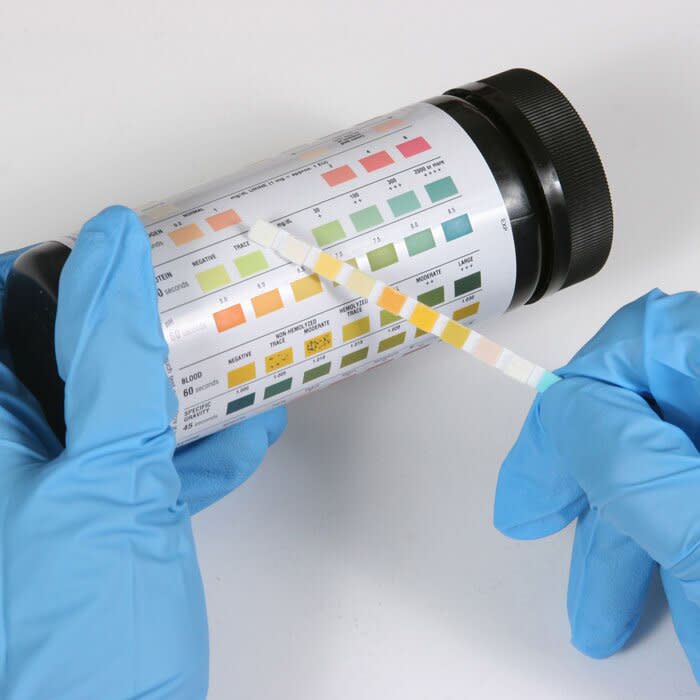Ask the Diet Doctor: Alkaline Foods vs. Acidic Foods

Q: What's the science behind alkaline versus acidic foods? Is it all hype or should I be concerned?
A: Certain people swear by the alkaline diet, while others say worrying about if your food is acidic or alkaline is worthless, citing the fact that hard evidence of its importance in humans is lacking. Although I don't recommend that you base your diet primarily on this premise, the core message of what it takes to eat an alkaline diet is worth adhering to.
Alkaline, Acidic, and PRAL Scores
What makes a food acidic or alkaline isn't what you'd think.
Take a second and think of a common acidic food that we eat. Lemons might have popped into your mind. Lemons are acidic in that they contain citric acid, but when we are talking about your body's acid/base balance, what makes a food acidic or not has to do with what happens in your kidneys.
When the nutrients in the food reach your kidneys, they produce more ammonium (acidic) or bicarbonate (alkaline). Scientists have created a way to measure and rate foods based on this called the Potential Renal Acid Load (PRAL) score. Fish, meat, cheese, eggs, and grains are considered acidic and have a positive PRAL score; vegetables and fruits are considered alkaline and have a negative PRAL score.
Alkaline Benefits?
The main fear regarding an acidic diet is bone loss due to your body releasing minerals from your bones in order to optimize your body's pH, but this has yet to be proven in human clinical trials.
As I mentioned before, the hard evidence to support the stringent adoption of an alkaline diet (shunning meats, cheese, and eggs for an abundance of vegetables) is lacking, although one study found a link between alkaline diet and greater muscle mass in women.
And a separate three-year study that looked at the diets of numerous athletes and their respective PRAL scores discovered that the protein content of ones diet did not matter as much as the fruits and vegetable content when it came to having an alkaline diet. So the best way to optimize the alkaline nature of your diet is not to eat less meat, cheese, eggs, and grains but to eat more fruits and vegetables.
Greens Supplements
Greens supplements, which consist of freeze-dried fruits and vegetables, are popular for the ability to "alkalize your body." One study found that daily use of a green supplement reduced urinary pH, which is a common surrogate marker for dietary acid/base load. This suggests that greens supplements may help in increasing the alkaline nature of your diet-however, they should not be seen as a replacement for fruits and vegetables but instead an adjunct to your diet plan.
Your Diet
I believe that it is futile to measure and monitor the PRAL score of your diet, but if you follow the guideline of eating fruits and/or vegetables at each of your meals while also making them the centerpiece of your dishes, then you will hedge your bets towards your diet being alkaline. Their alkaline nature aside, you can never go wrong eating more produce.

